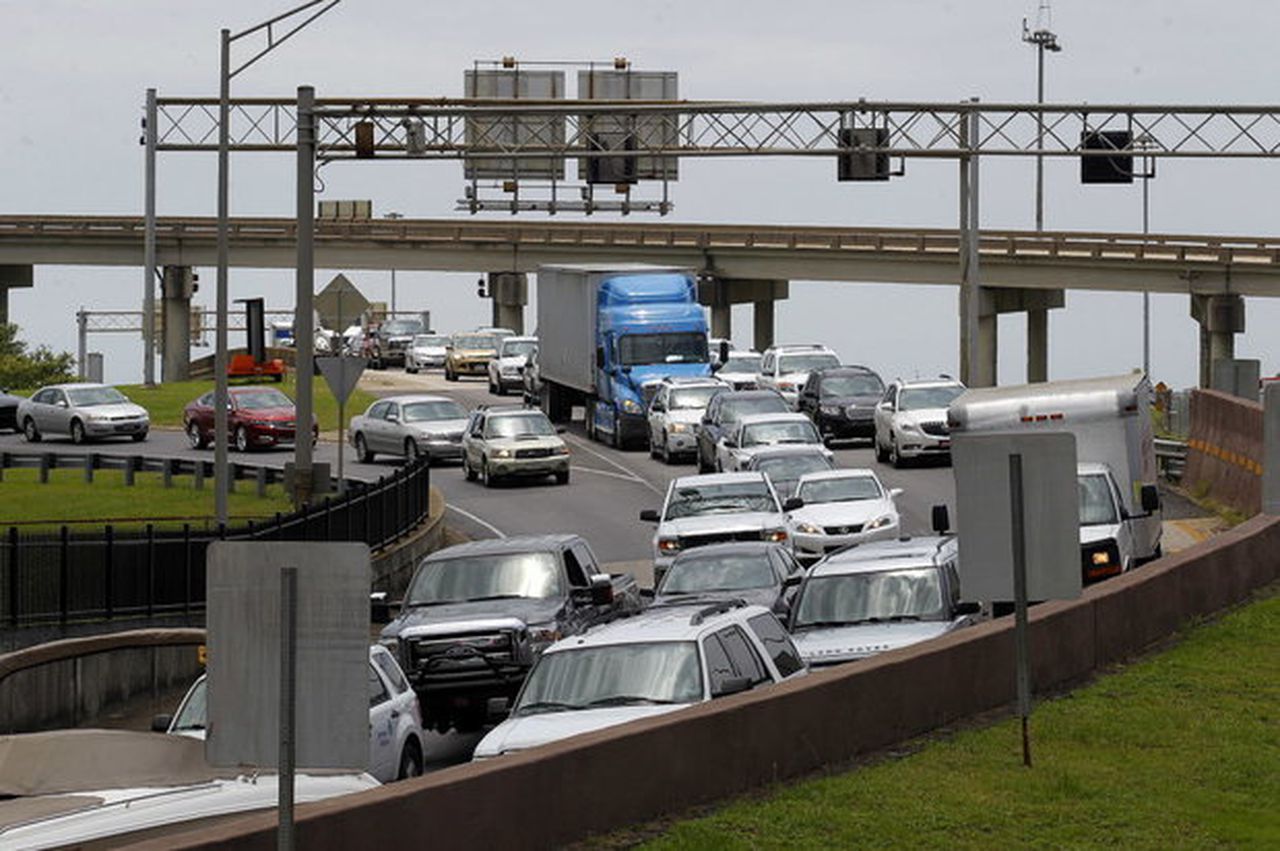Alabama considers ending some driver’s license suspensions for unpaid fees
Lawmakers in Alabama may stop courts from immediately taking away a person’s driver’s license if they don’t pay traffic fees.
Every year, Alabama residents lose their licenses after missing a court date or failing to pay state fines or fees. Advocates say that can set off a chain reaction and make it harder for many residents to stay employed, get groceries and take care of family members.
SB154, sponsored by Sen. Will Barfoot, R-Pike Road, doesn’t excuse unpaid tickets or dangerous drivers. But it would give drivers more chances to pay fines and fees.
“Road laws are important. Grace is also important,” said Leah Nelson, the research director at Alabama Appleseed Center for Law & Justice.
Barfoot’s bill allows up to five missed payments on traffic violation fees and fines, along with one missed court date post-adjudication before suspension.
According to the Workers Drive Alabama campaign, about 170,000 drivers in Alabama have their licenses suspended for missing a payment.
Alabama Appleseed obtained data from the Alabama Law Enforcement Agency, which showed that only about 5% of Alabama drivers have their licenses suspended for dangerous or reckless driving.
“We do want people who get tickets to be held accountable because road rules do matter — it’s just that that accountability also requires the state to be accountable to the humans who sometimes have messy lives and can’t pay every single month,” Nelson said.
In 2023, 31% of underemployed or unemployed Alabamians said transportation struggles were their main barrier to working, according to Alabama Arise, a nonprofit dedicated to improving the lives of residents impacted by poverty.
What would the bill do?
SB154 would prevent judges from suspending a license for unpaid fines or failure to appear unless the following situations occur:
- A person violates written bond or fails to appear for an initial court date
- A person fails to appear more than once for a compliance hearing
- A person misses six or more payments on their payment plan for fines or fees related to a traffic violation
The legislation would not apply to those with commercial drivers’ or commercial learners’ licenses, nor those operating commercial vehicles at the time of the traffic violation.
It also would not apply retroactively; people with currently suspended licenses still would have to pay outstanding fines and fees.
In efforts to keep dangerous drivers off the roads, points will still be added to an individual’s license after a conviction. If a person reaches 12 or more points on their license within a two-year period, they are eligible for suspension, per ALEA.
What is Alabama’s history with fines and fees for traffic stops?
Alabama has had a fraught history with fines and fees for drivers in the state.
In 2019, driver Sharon Motley filed a lawsuit against ALEA Secretary of Law Enforcement Hal Taylor claiming that her Fourteenth Amendment right was violated when her license was taken away for a failure to pay in 2013. The court dismissed her claim because she had passed the statute of limitations.
In 2022, AL.com published reported that the town of Brookside, Alabama, earned more than $600,000 in 2020 from fines and fees based on traffic stops — about 49% of the town’s revenue.
Brookside isn’t the only town in Alabama where fines and fees from traffic stops are significant. It ranked fifth in the lineup of worst speed trap towns in the state.
A 2018 report from Alabama Appleseed showed that, of drivers whose licenses were suspended for a failure to pay, 89% had to forgo needs like food, utilities or medicine, along with 73% who had to request charity they wouldn’t have needed otherwise and 48% that took out a high-interest payday loan to pay off their ticket.
“I think that for people who have access to wealth, either because they themselves have you know, income and savings or because they have family they can call. It can be really, really hard to imagine what it’s like living from paycheck to paycheck,” Nelson said. “At any given time, you might feel like ‘Well, anybody has $25,’ but there are really people who don’t. There are really people in this state who have run out of money, and they run out of food, and they run out of options before they get their next paycheck, and those are the people that this lies this this bill is intending to target.”
Retired Birmingham Police Capt. Jerry Wiley in 2021 wrote that traffic stops “make poverty a crime” in Alabama.
According to Free to Drive, a coalition of more than 100 organizations across the United States, Alabama is one of 26 states that have not passed any laws to curb debt-related license suspensions.
Now that the bill has received favorable committee reports, it will head to the Senate floor for a vote. At the time of publishing, Barfoot could not be reached for comment.
